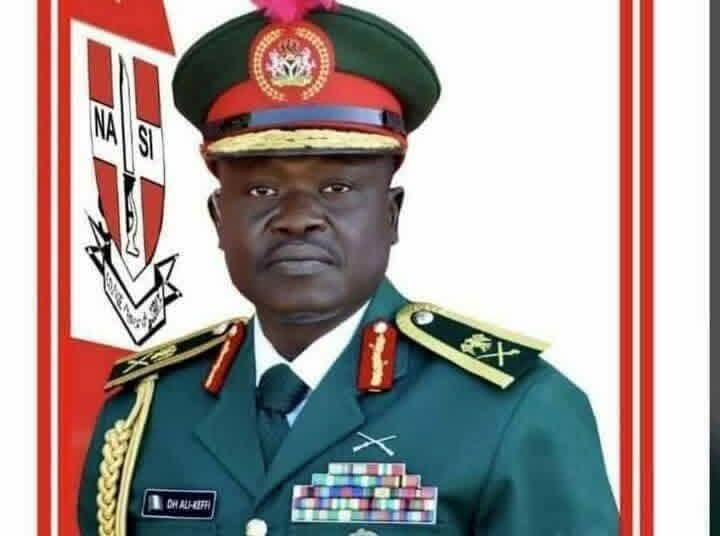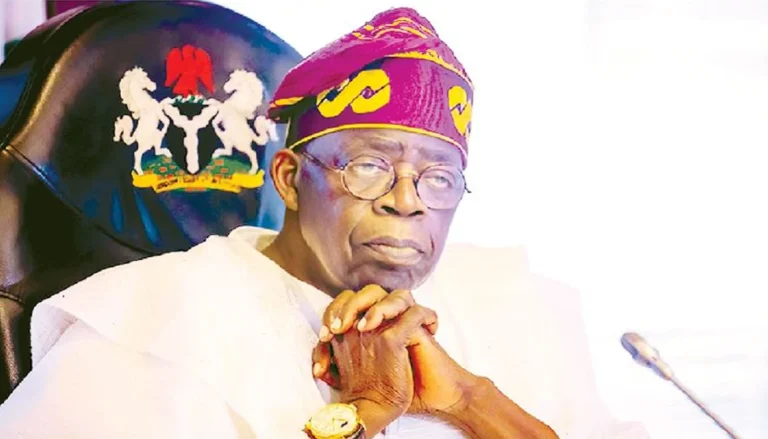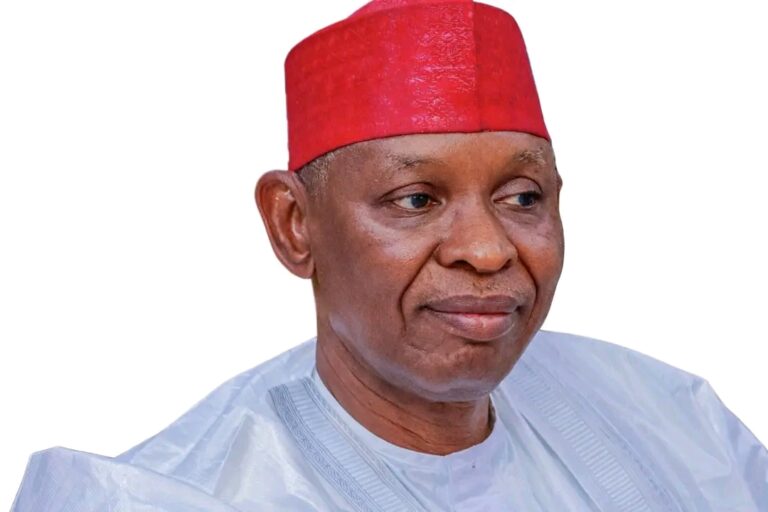
Retired Army General Claims He Was Punished After Major Counter-Terror Breakthrough
In a stunning revelation that has sparked national debate, retired Major General Danjuma Ali-Keffi has accused powerful interests within Nigeria’s security and political system of sabotaging the country’s war against terrorism.
In a detailed letter addressed to President Asiwaju Bola Ahmed Tinubu, the former General Officer Commanding (GOC) 1 Division said he faced retaliation, compulsory retirement, arrest, and 64 days in solitary detention after successfully capturing top Boko Haram figures — including the individual he described as “the real leader” of the terror group.
The explosive claims, first reported by All Facts Newspaper, have reignited concerns about internal compromise within Nigeria’s counter-terror operations.
Operation Service Wide: The Mission That Changed Everything
General Ali-Keffi revealed that he was personally selected to head Operation Service Wide, a presidentially approved counter-terrorism investigative task force.
According to him, the operation penetrated deep into Boko Haram’s command structure and financial arteries, uncovering:
- Key masterminds of the insurgency
- A funding network involving senior government officials
- Complicit military officers
- Financial institutions facilitating illicit transactions
He said trouble began the moment the task force started exposing the financial sponsors and “untouchable” individuals behind Nigeria’s 15-year insurgency.
“The moment we arrested some of these individuals and started exposing the financial pipelines of terror, the backlash began,” Ali-Keffi wrote.
Instead of commendation, he claims he was abruptly retired, arrested, and held in solitary confinement for over two months.
Did Lt. Gen. Ibrahim Attahiru Die for Supporting Anti-Terror Reforms?
Perhaps the most disturbing part of Ali-Keffi’s letter is his suggestion that the death of former Chief of Army Staff, Lt. Gen. Ibrahim Attahiru, may not have been accidental.
Attahiru died in a plane crash in 2021 — a tragedy officially declared an aviation accident. But Ali-Keffi stated that Attahiru was fully backing the Operation Service Wide initiative and was committed to targeting high-level terror financiers.
By urging President Tinubu to reopen the investigation into Attahiru’s death, Ali-Keffi implied there may have been foul play aimed at protecting entrenched interests.
A System Fighting Itself?
Ali-Keffi’s whistleblowing paints a troubling picture of Nigeria’s security architecture — one where alleged internal saboteurs undermine counter-terror efforts for personal or political gain.
The questions now dominating public discourse include:
- Who benefits from prolonging the war against Boko Haram?
- Why would a top officer be punished for fighting terrorism?
- How deep does alleged internal compromise run within the system?
- Will the government open a new investigation into Attahiru’s death?
Government Yet to Respond
As public pressure mounts, the federal government has not issued an official statement regarding Ali-Keffi’s allegations.
Security analysts say the claims are too serious to ignore, especially given their potential implications for national security, military morale, and public trust.
If confirmed, the allegations would expose a dangerous system where terrorism thrives not due to lack of strategy — but because brave officers are allegedly silenced when they get too close to the truth.
Major General Ali-Keffi’s revelations have added a new layer to Nigeria’s already complex fight against insurgency. His call for transparency is a test for the current administration.
Whether President Tinubu orders a full investigation or maintains silence, one thing is clear:
Nigeria’s fight against terror cannot be won until internal betrayal is confronted with honesty and accountability.





1 thought on “After we captured the real leader of Boko Haram, I was retired, arrested and detained”
Comments are closed.